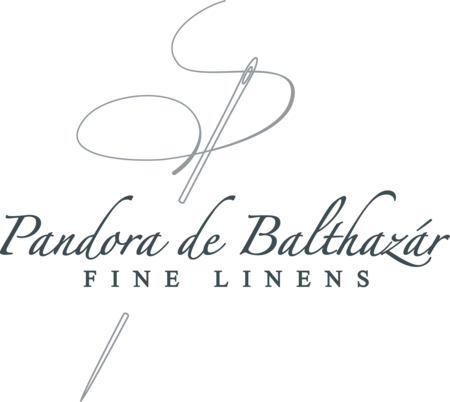This 70" x 85" embroidered tone-on-tone eyelet drapery panel with floral motifs will add a crisp, beautiful embellishment to a room—the cut-outs allowing light to filter through while the fabric provides privacy. If you are not needing drapers but love the look of this antique, you'd be surprised at how versatile it can be—turn it into a bedcover or a tablecloth, for instance.
The origin of this beautiful drapery panel is circa 1900 Hungary, more specifically Erdely in Transylvania (Romania), once a stronghold in the Hungarian Kingdom before the Ottoman invasion. This is one in many of our Astro-Hungarian antiques we have sourced during decades of collection.
We have all of our luxurious one-of-a-kind antiques in our Pensacola atelier: row upon row of textiles that include everything from antique French heirloom linens and primitive Austro-Hungarian Empire textiles to Art Deco and Bohemian specimens—at last count two million one-of-a-kind linens of the finest quality.
If you see a beautiful specimen on this site that you would like to see in person and you cannot visit us but you are a regular at either Round Top or the High Point Market, we will happily bring it to one of these shows so you can see for yourself how remarkable it is. See our Calendar of Events page for fair dates and let us know if we can bring our sumptuousness to you.
Characterized by small cut-outs surrounded by embroidery, eyelet has maintained its popularity for centuries. It has had many names during its evolution: openwork; white works; pulled-thread; and Ayrshire Needlework, which originated in Scotland in the late 1700s; and eyelet. The English embroidery version was known as Broderie Anglaise, which was characterized by large eyelets and simple cutwork, used to embellish clothing and linens. As the evolution of the style continued, it was sometimes referred to as Eyelet, Madeira, monochromatic embroidery or Swiss Work.
Beginning its evolution in the US as “cutwork”—which has a number of styles overseas, including Renaissance, Richelieu and Venetian—eyelet is a challenging process. Imagine stitching with white thread on white fabric, or tone on tone of any color, with exact precision and perfect stitches. That’s what makes this style of embroidery so valuable.
